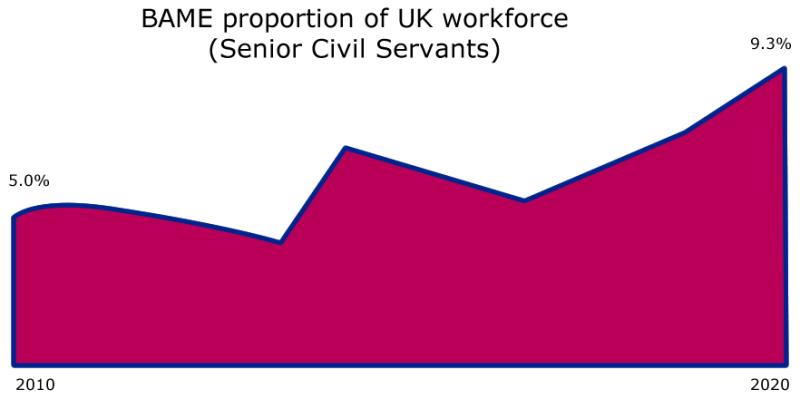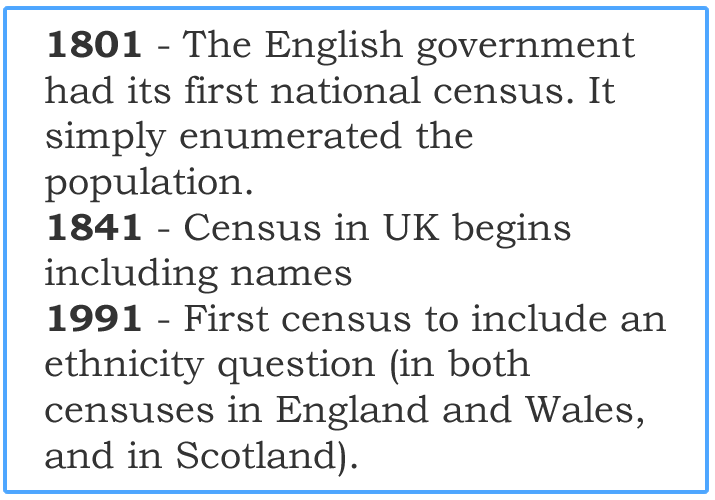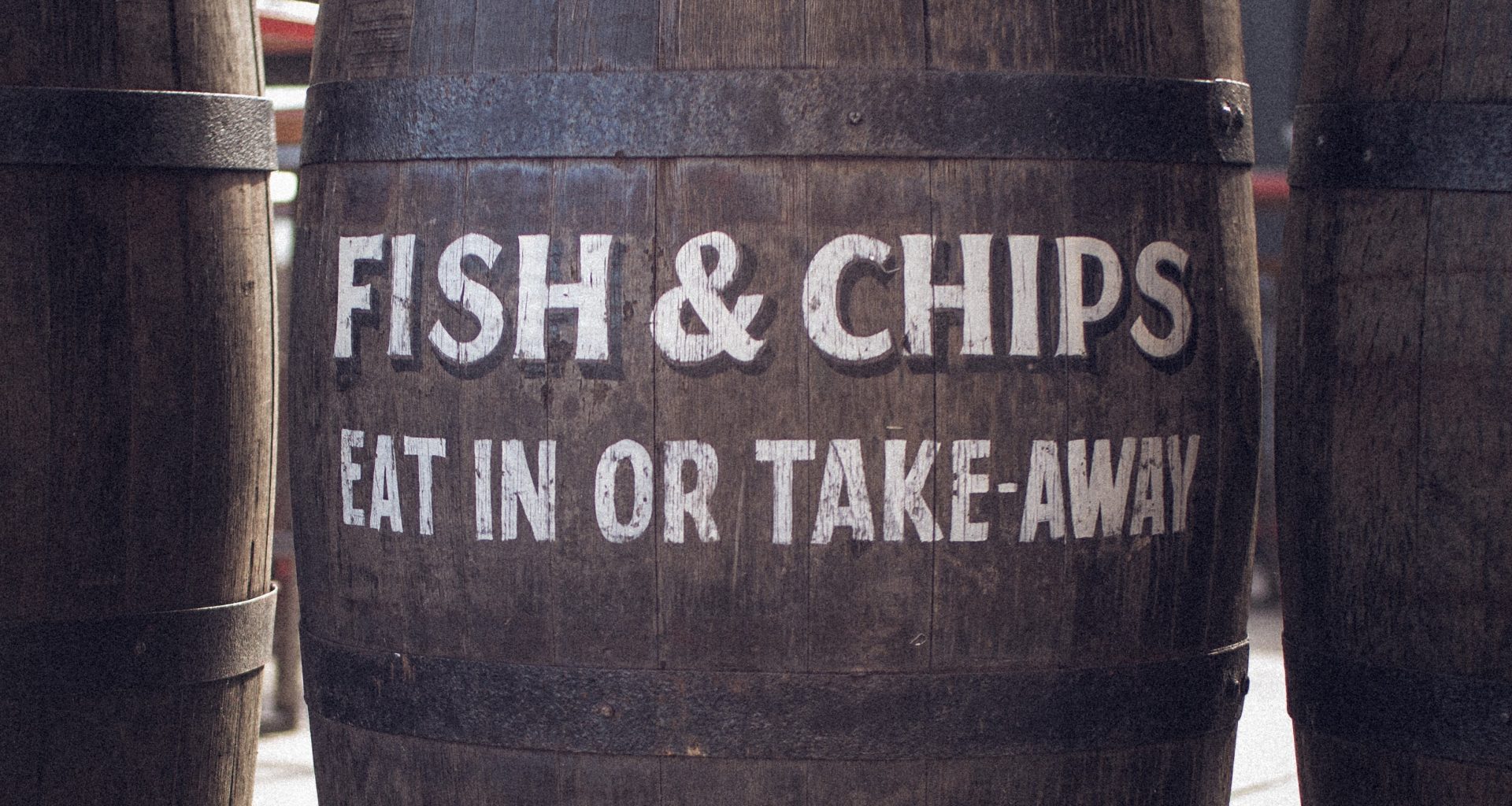Two hundred years ago, if a woman with dark skin, tribal hair locks and golden bangles running along her neck, stood at Trafalgar Square in London, and declared herself British, no one would take her seriously. Worse yet, she might find herself needing to do a lot of explaining to avoid potential confrontation with the people surrounding her.
This situation is because a so-called anomaly back then of an ethnically different woman being present won’t have looked socially acceptable nor anything like what was generally accepted as being ‘British.’
Today, however, the story would be different. The same woman, appearing the same way, standing in the same place, will fit right in and not stick out as a sore thumb upon making her declaration. So what has changed in 200 years? Has ‘Britishness’ changed?

Britishness refers to the quality of being British or of having characteristics regarded as typically British. This is reflected in things like mannerism, food, culture, language and clothing.
When asked about what it means to be British Joshua Ogunnote, founder of social music app Chune, who was born in the UK to Nigerian parents said: “Fish and chips, steak and kidney pies!”
Ogunnote went on to say to be British one needs to have the culture ingrained, like he has. “I engaged in a lot of British culture; I went to a lads (boys-only) school, I played football, I had chicken and chips after school” which was an extremely distinctive memory of being British for Ogunnote.
“Fish and chips, steak and kidney pies!”
Today, British nationals are represented by people from varied ethnicity which is a more colourful representation from what it was before the 20th century. Yet one thing is certain, Britishness is a strong identity which has been adapted but the core patriotism still stands.
Kwon Hyun-Ah, whose racial background is fully Korean but also goes by a more English-sounding name Sophie, claims she feels British due to the fact that she was born in the UK and has experienced British healthcare, education and lifestyle throughout most her life.
One key issue is whether White British citizens have an advantage over ethnically diverse British nationalities simply because of their race. Regarding ethnic equality at the workplace, data from the office for national statistics (ONS) shows that UK is not ethnically diverse because white people occupy more positions overall. In terms of statistics the senior civil service has the lowest percentage of employees identifying as BAME (Black, Asian and Minority Ethnic) – 9.3% but there has been a slight improvement in the last 10 years.

The fact is that a lot of the data on diversity is not recorded because many choose not to declare their ethnicity for reasons best known to them. Without a clear picture of the ethnic balance in each area of the civil service, it will be much harder to determine the root causes.
Regardless of this the UK has definitely grown in diversity however, due to the large percentage of White British nationals it is going to take years for the UK to become completely equally diverse. According to an official government study done in 2019, “78% of white people in the UK showed up as employed whereas in comparison 66% of people from ALL other ethnic backgrounds combined showed as employed” which proves the UK government needs to do more to make sure minorities are heard and employed.
Ogunnote believes this imbalance is to be expected because in his view, the overall representation of Black people in the UK is only 3% and therefore this ratio will be represented in other areas as well.
While most industries have a greater disparity in the proportion of White people to other ethnicities in the UK, there are rare exceptions. Sports and technology appear to have a much closer gap and balanced representation between all ethnicities.
Ogunnote who himself works in the UK tech industry had received in 2018, an investment of £13,000 from Ashton Kutcher after the US actor was impressed by his spontaneously delivered business pitch. The Peckham-raised CEO reflects that in tech like in sports, anyone with skill and talent will be sought after regardless of their ethnicity because in some industries “it doesn’t make sense to have racial discrimination… I feel like there is chance for Black people to succeed because in tech, if you have got the talent, companies are going to hire you.”
Indeed in British sport, there is a pattern of steady rise in inclusion of BAME that cuts across from community level all the way to top tier.
Take the England national football where eleven of the 23 players from the current squad are black or of mixed ethnicity, compared to six out of the 2014 World Cup team.

Therefore in some ways one could say those who the umbrella term “British” represents is now more racially diverse than it has always been. From the perspective of ethnicity, those who identified as British has changed rapidly over the last hundred years, and this is reflected in the UK government’s current census and how data is gathered for it. It was not until the 1991 census that the UK recognized they needed to put ethnic group questions in the form.
That made it difficult to know how ethnically diverse the British population was prior to 1991. This is not to say that prior to the 20th century, the only people who identified as British in UK were ethnically Caucasian Europeans. In fact, historical data shows British Asians settling as early as the 17th century.
As for ethnically Black British they can trace their roots in the UK to the slave trade period. And although slave trade was abolished in August 1838, racial segregation remained for many years after this point.
As the lines between Britain’s ethnic groups begin to fade, BAME is now looking to use their British identity to educate others on how today’s Britishness wears a new, colourful look.
Sophie concludes: “People immediately treat me differently because I don’t look like a white British citizen. It has isolated me from certain social grounds. However, it has also allowed me to educate others in my culture and prevent racial discrimination”.








